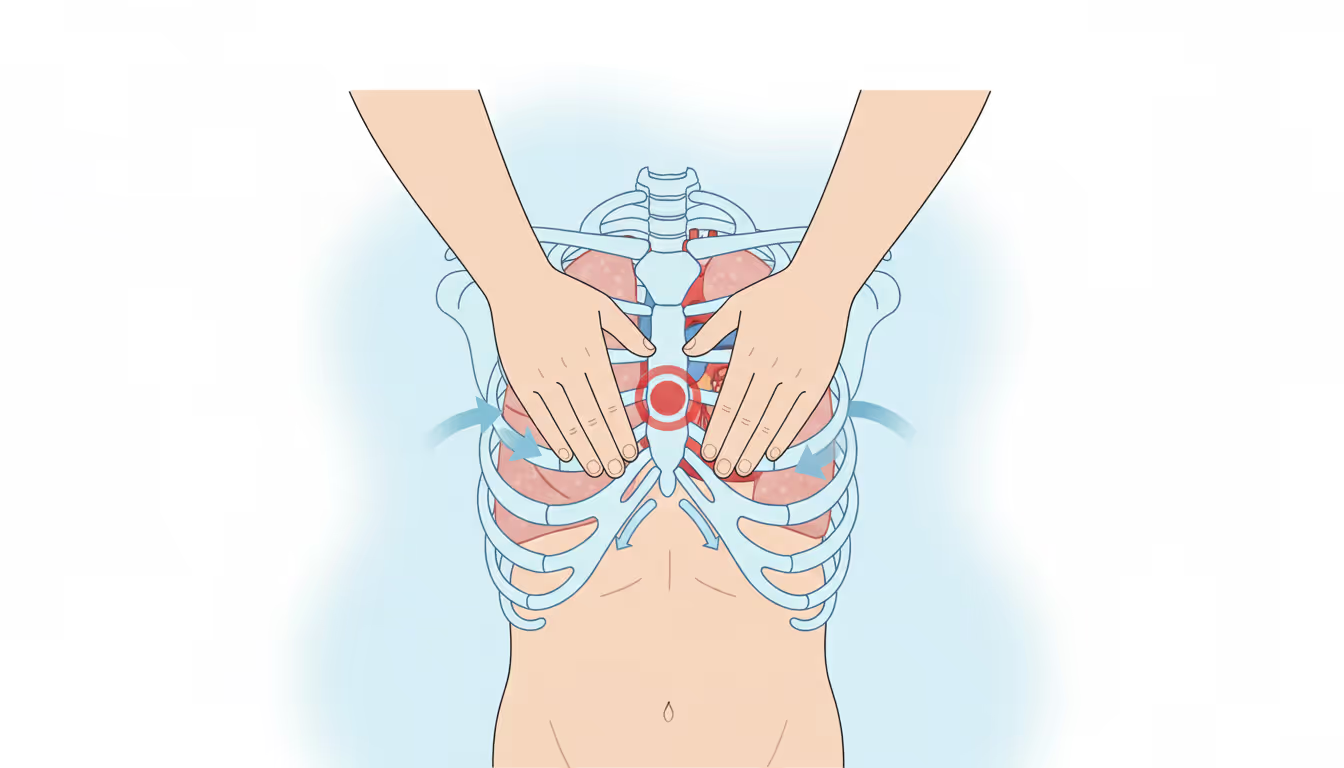
Vitamin K refers to two naturally occurring fat-soluble vitamins, K1 and K2, essential for blood clotting due to their role in producing a clotting factor. The term can also apply to a synthetic compound that is chemically related to vitamins K1 and K2 and exhibits similar biological effects. This vitamin functions as a cofactor needed by the body to produce four clotting factors in the blood, specifically prothrombin and factors VII, IX, and X. Vitamin K1 is derived from plants, while vitamin K2 originates from bacteria and is the crucial form for humans. Other forms of vitamin K are converted to K2 within the body, and there are several closely related compounds within the vitamin K2 series.Vitamin K deficiency is rare since the vitamin is typically abundant in the diet and is also synthesized by intestinal bacteria. However, deficiency can arise due to certain medications that hinder the growth of these bacteria or disorders impacting the production or flow of bile, which is necessary for vitamin K absorption in the intestines. Newborns, lacking substantial intestinal bacteria and stores of vitamin K, may develop a condition known as hemorrhagic disease of the newborn, which can lead to bleeding in vital organs like the brain. This condition is preventable by administering vitamin K to the baby shortly after birth or to the mother during labor.A fat-soluble substance found in green leafy vegetables was discovered in 1929 as essential for blood coagulation, later named vitamin K after the Danish word "Koagulation." A pure form of the vitamin was identified and examined in 1939, and several related compounds with vitamin K activity have been synthesized since. The 1943 Nobel Prize in Physiology or Medicine was awarded to Danish researcher Henrik Carl Peter Dam, for his initial discovery of vitamin K, and American scientist Edward Adelbert Doisy, for uncovering its chemical nature.




